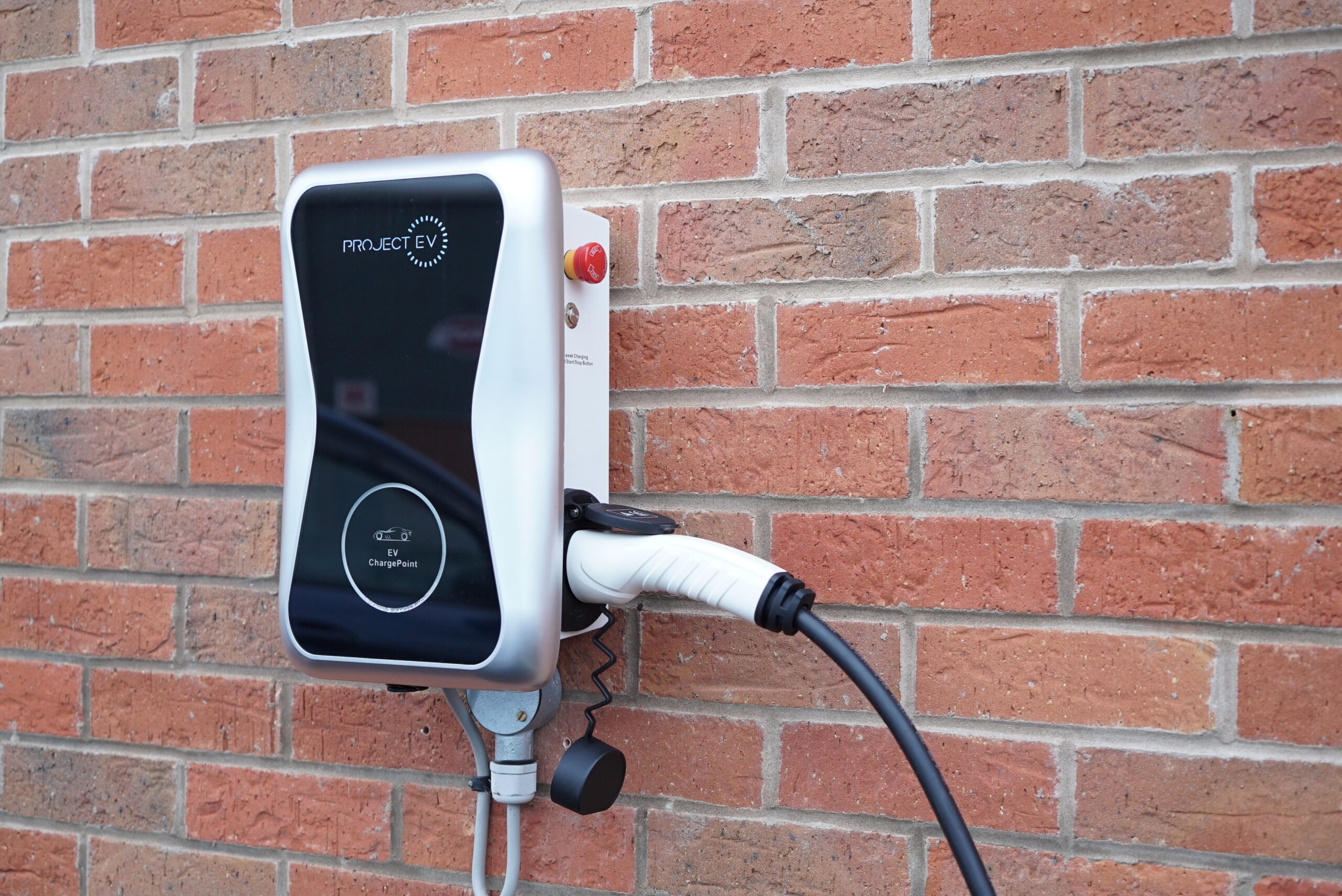As individuals, taking steps to minimize our carbon footprint has never been more critical in mitigating the effects of global climate change. One of the most impactful actions we can take is transitioning to hybrid or fully electric vehicles, which significantly reduce emissions compared to traditional gasoline-powered cars. Electric vehicles (EVs), unlike conventional cars, emit no tailpipe pollutants since they don't rely on internal combustion engines. Often referred to as zero-emission vehicles, they represent a major step forward in sustainable transportation. However, while the concept of a net-zero vehicle is certainly appealing, it's important to consider the source of the electricity used to charge these vehicles. Even though strides have been made to reduce reliance on fossil fuels, many charging stations still draw power from the national grid, which continues to utilize coal and other non-renewable resources. In 2020, coal accounted for just 1.6% of the UK's electricity generation, a significant decrease from previous years. Yet, achieving the UK government's ambitious target of net-zero greenhouse gas emissions by 2050 requires further innovation and investment in renewable energy solutions. One promising approach is harnessing solar energy to charge electric vehicles. By generating clean, renewable electricity through solar panels, homeowners can power both their homes and their vehicles, reducing dependence on fossil-fuel-based grids. If you're already invested in solar power or considering purchasing an EV, integrating solar charging could be a logical next step. Absolutely, solar panels can be used to charge an electric vehicle. Solar photovoltaic (PV) systems produce electricity that can supply both household needs and your EV. It's crucial to remember that solar panels operate only during daylight hours, and any surplus energy generated must either be utilized instantly, fed back into the grid, or stored in a battery system. This limitation means that timing plays a key role when planning to charge an EV with solar energy. For instance, if your work schedule keeps you away from home until late evening, you might only have a couple of hours each night to charge your car, especially during shorter winter days. To overcome this challenge, investing in a solar battery storage system could be beneficial. These batteries store excess solar energy collected throughout the day so it can be accessed later, such as overnight when charging your EV. While public charging stations are convenient, charging at home is generally more cost-effective and efficient, particularly when paired with solar energy. To ensure optimal performance, installing a home charging unit that converts solar-generated AC power into DC format suitable for your EV is essential. There are numerous options available, with companies like Project EV offering diverse choices tailored to various budgets and requirements. Determining how many solar panels are necessary to charge an EV involves calculating your household's average electricity usage, usually expressed in kilowatt-hours (kWh). This information can typically be found on utility bills. Additionally, understanding the capacity of your EV battery helps gauge the required energy levels for effective charging. Here's a rough estimate based on typical EV models: Typically, a standard residential solar array should suffice for adding an EV charger, though consulting with a solar expert is always advisable before making modifications. Exact charging times vary depending on several factors, including the specific model of the EV, battery size, and charging station speed. A quick top-up might take around half an hour, whereas a complete charge could require over 12 hours. Most EV owners prefer overnight charging since vehicles remain stationary for extended periods during this time. It's generally recommended not to let your battery deplete entirely before recharging, as deep discharges can accelerate battery degradation and reduce its long-term capacity. With growing demand, electric vehicles are becoming increasingly affordable. Many models now rival the price tags of comparable gasoline-powered cars, and financial incentives exist to assist with purchase costs. Whether you're an EV owner seeking to enhance sustainability by installing solar panels or curious about optimizing your current solar setup for vehicle charging, reach out to our knowledgeable team today. We're here to guide you through every step of the process and help you make informed decisions that align with your environmental goals. Mould Trim Line,Injection Molding Inserts, Insert Overmolding, Insert Molding Process, Insert Moulding Dongguan Hao Chen Precision Industry Co., Ltd. , https://www.howmolds.com
Using Solar Panels to Charge Your Electric Car
Home Charging Solutions
Calculating the Number of Panels Needed
Vehicle Type
Battery Size
Estimated Range
Compact Cars
30-35 kWh
Approximately 100 miles
Mid-Size Models
40-65 kWh
Around 150-200 miles
Luxury Vehicles
65+ kWh
Up to 375 miles or more
Time Required for Charging
Cost Considerations for Electric Vehicles
Explore Solar Installation Options